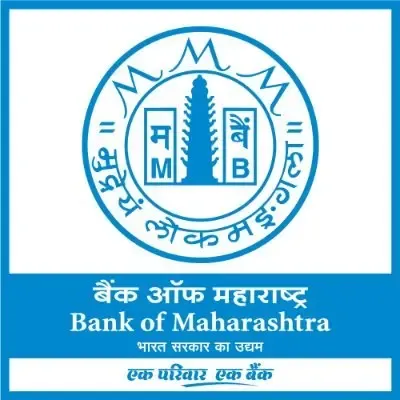India's Digital Economy Surges Tenfold, Approaching $1 Trillion

Synopsis
Key Takeaways
- India's digital economy is on track to reach $1 trillion.
- Over 30% of global IPOs came from India last year.
- More than 100 unicorns are shaping the startup landscape.
- Digital retail is projected to constitute 12% of retail sales by 2030.
- The average age of retail investors has dropped significantly.
Bengaluru, March 7 (NationPress) India’s digital economy has expanded tenfold, rapidly approaching the $1 trillion milestone amidst a dynamic IPO landscape that represented over 30% of global listings last year, as indicated by a report released on Friday.
India accounted for 31% of global IPO activity in the preceding year, raising $3 billion in total fundraising and aiming for a $13 trillion market capitalization by 2030, fueled by robust investor engagement, according to a report by Redseer Strategy Consultants unveiled at an event in the city.
With more than 100 unicorns and a thriving pipeline of soonicorns, India’s startup ecosystem is maturing beyond hypergrowth, focusing on profitability, premiumisation, and omnichannel adoption.
The gathering also examined the surge in India’s IPO market—a sector that witnessed over 330 listings in 2024, contributing to more than 30% of global IPO volumes.
The median revenue of unicorns has tripled since 2021, with many achieving EBITDA profitability in FY24.
The influx of retail investors in India has escalated, reducing the average investor age from 42-44 years to under 30, as reported.
India boasts 350 brands with revenue exceeding $100 million, underscoring the market's under-branded character, where numerous categories remain fragmented and largely influenced by unorganised players.
The report projects that digital retail will represent 12% of total retail sales by 2030, unveiling substantial opportunities in premium and luxury sectors.
Rural commerce is emerging as a significant investment avenue, propelled by enhanced accessibility and rising aspirations.
India's B2B sector is also undergoing a quiet transformation, with technological advancements in supply chain efficiencies paving the way for new global prospects.
Sachin Bansal, Chairman of Navi, emphasized the importance of line managers in shaping employee experience and organizational culture.
He highlighted the operational distinctions across sectors, noting that while financial services emphasize technology investments, e-commerce requires a solid logistics and inventory framework.
“India’s digital and startup ecosystem is at a critical juncture. The next decade will favor companies adept at omnichannel strategies, premiumisation, and capital efficiency. Ground Zero is about equipping founders, investors, and industry leaders with actionable insights for sustainable success,” stated Anil Kumar, CEO of Redseer Strategy Consultants.










